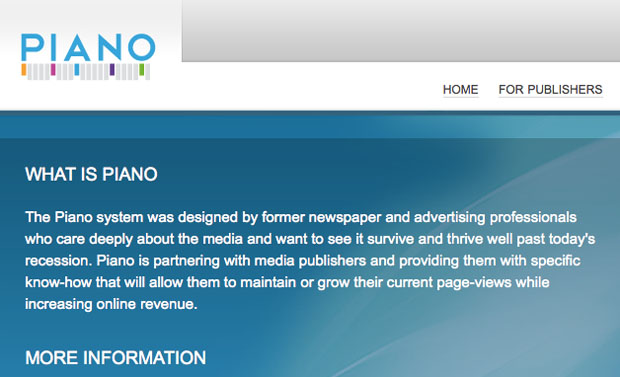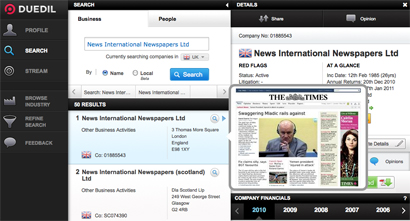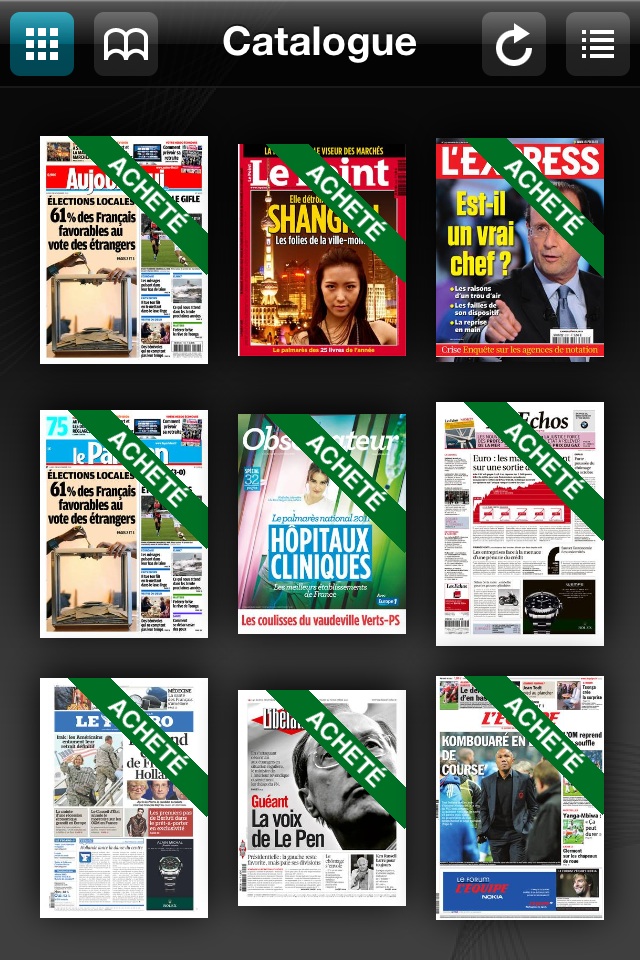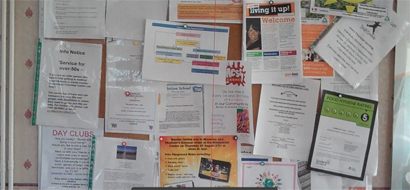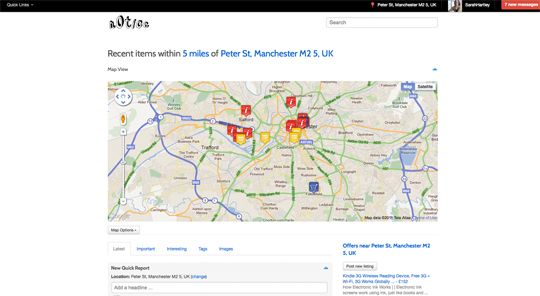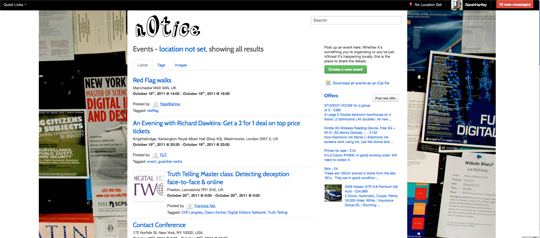
A new investigative journalism site is today marking the launch of its “field trial”, during which time it will test the platform and carry a selection of articles “to give people an idea of what is coming”.
ExaroNews aims to “hold power to account” and will launch as a fully-fledged, paywalled investigative news site “in a few weeks”, with a focus on appealing to readers in the business community, Mark Watts, the site’s editor told Journalism.co.uk.
The new organisation plans to encourage WikiLeaks-style whistleblowing, hoping those with a potential story will contact the Fleet Street-based editorial team or leave the documents in an anonymous drop box, which will launch at a later date, Watts explained.
The server is physically located outside of the jurisdiction which means it makes it much safer in terms of attempts to find out who has passed information on.
As well as hoping to have leaked documents to investigate, the team of mainly freelance journalists will spend the majority of time “crawling public data for stories that are generally going missed”.
The journalists will be “investigating governments in the widest sense of that word, investigating public bodies and what they are up to” by analysing the “increasing volume of public data available”, Watts said.
Journalists working for a mainstream media title don’t really have the time to assess and make sense of that data.
The team of journalists
The growing team of journalists working for the organisation includes “people who have worked on both broadsheet and tabloid newspapers, people who have worked in broadcasting and people from trade magazine backgrounds”, Watts told Journalism.co.uk.
One of those is former Westminster correspondent for the Guardian David Hencke, he said, plus there are “those who are much fresher out of journalism college, particularly those who have learned a bit about data journalism and a bit about how to make use of information that is put in the public domain by an array of public bodies”.
Watts himself ran the investigations unit at the now-defunct Sunday Business, and has worked on the Sunday Times and on TV programme World in Action.
Sample stories
One of the stories currently on the site is on negotiations between the new Libyan government and the UK, which, according to Watts, was later reported in the Sunday Times.
Former Guardian journalist David Hencke has a series of stories on the site “how auditors found crazy examples of misspending by all sorts of Whitehall departments and all this was gathered from audit reports that were in the public domain but had not been picked up on”, Watts said.
Subscription costs
Paywall prices have not yet been set and readers will be able to access the site by paying for a subscription or can opt to micro-buy articles, Watts explained.
The site is particularly, but not exclusively, aimed at a business and City audience, simply because we think that that’s probably where the paying audience will be, as distinct from the general consumer, which has got used to the idea of having content for free.
Once the paywall is launched readers will see a homepage with introductions to articles and will be then prompted to micro-buy or subscribe.
Investigative journalism does cost money and although people are getting used to the idea of getting news content for nothing, of course what they are often getting for free is just regurgitated, rehashed, or, to use that phrase, churned material which its no wonder is free as really it is pretty valueless.
ExaroNews is holding a launch party this evening (1 November).
